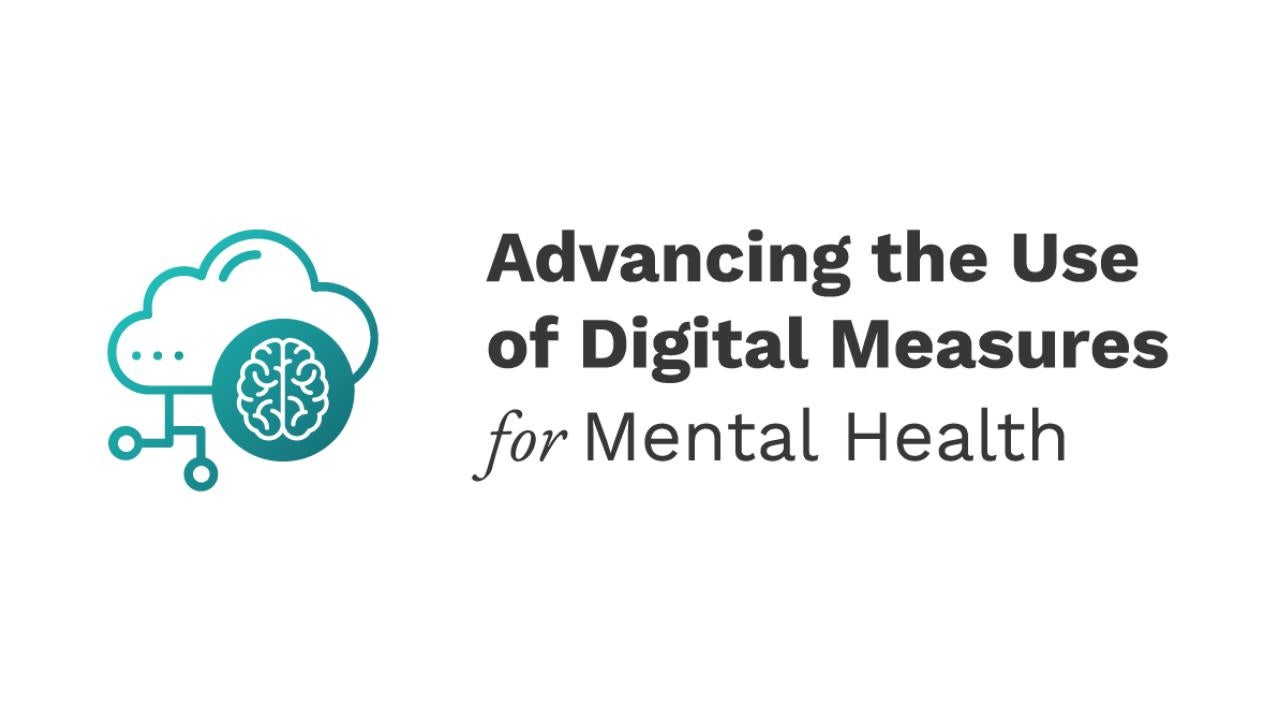
(Courtesy: DiMe)
The UCLA Depression Grand Challenge is part of a consortium tapped by Wellcome, a global charitable organization that funds discovery research, to conduct a scoping research project on digital sensing for mental health research. The consortium’s approach — a response to a Wellcome request for proposals — and the DGC-DATAcc byDiMe collaboration behind it are both a direct result of the UCLA Digital Sensing Workshop, held at UCLA in early 2023 and sponsored by the DGC, Wellcome Trust and the National Institute of Mental Health.
“The DGC’s involvement with DATAcc by DiMe and the collaboration itself would not have occurred but for the connections forged and ideas exchanged during the 2023 workshop,” said DGC Director Nelson Freimer, MD. “We are inspired by the remarkable momentum the workshop produced, and we look forward to continuing to advance the field with this collaboration led by DiMe.”
Experts representing the DGC, DiMe and other members of the collaboration met for the first time at the workshop, where break-out sessions focused on critical pathways for facilitating the incorporation of digital sensing in mental health research and treatment. Collaboration continued after the workshop, ultimately resulting in the publication of five reports outlining recommendations. When Wellcome issued its request for proposals in November 2023 to build on the work of the workshop, DGC, DATAcc by DiMe, other workshop experts and outside colleagues came together to submit their collaborative project proposal just four weeks later.
The funded scoping research project leverages collaborators’ deep expertise in the field of sensor-based digital health technologies (sDHTs). The project aims to 1) identify key targets for sensor-based measurement in depression, anxiety and psychosis and 2) provide insight into which sDHTs are most effective for capturing these signals.
To meet these objectives, the team is conducting a scientific literature review and holding interviews with individuals experiencing mental illness, their care partners and clinician-researchers with expertise in mental illness. Recommendations and a published report from the consortium will outline key considerations, data elements and research questions to inform prospective studies investigating sDHTs for mental health research and the development of technologies built specifically for mental health. These recommendations are intended to inform potential future Wellcome investment in research on and development of sDHTs for mental health, in furtherance of the organization’s foundational strategy to address mental health as one of the greatest health challenges facing humanity.
Wellcome is the world’s first large-scale, independent research funder to prioritize mental health science at scale, with 200 million pounds ($252.6 million) dedicated to mental health science over five years, according to Miranda Wolpert, director of mental health at Wellcome. Mental health is one of three urgent global health challenges, that Wellcome wants to address in the next 30 years. Visit the Wellcome website.
Founded in 2019, the Digital Medicine Society (DiMe), host of DATAcc, is a global non-profit and professional home for all members of the digital medicine community. DiMe drives scientific progress and broad acceptance in digital medicine to enhance public health through a three-pronged approach: 1) convene and collaborate, 2) build and lead and 3) educate and advise. Visit the DiMe website.
The Digital Sensing Workshop, sponsored by Wellcome, NIMH and the UCLA Depression Grand Challenge, was held at UCLA on Feb. 28–March 2, 2023. There were five reports generated from the workshop. Workshop organizers included Nelson Freimer from UCLA, Simona Carini from UCSF, Matthew Hotopf from King’s College, David Mohr from Northwestern University and Tanzeem Choudhury from Cornell Tech. Workshop participants represented 29 different universities, businesses and organizations. Review the complete list of participants, learn more at the Depression Grand Challenge newsroom, or read the reports.
